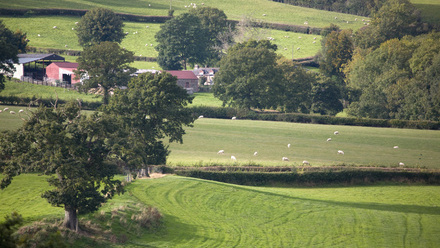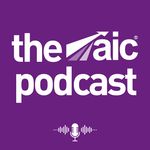TSE and ABP Legislation
Regulation 999/2001 laying down rules for the prevention, control and eradication of certain transmissible spongiform encephalopathies
This Regulation applies to the production and placing on the market of live animals and products of animal origin and in certain specific cases to exports.
The TSE Regulation and the Animal By-Product (ABP) Regulation (see below) prevent the use of most animal proteins in feed for food-producing animals. The AHPA has produced guidance notes on both the TSE and ABP Regulations and these clarify which animal proteins are permitted to be fed and to which class of livestock.
To facilitate compliance with the TSE Regulation, the APHA has produced a detailed guidance note on the TSE regulations, which is available here. (Please note that the guidance note on the TSE Regulation is the last set of guidance on this APHA site.)
Associated legislation
Regulation 999/2001 is implemented, in England, by the The Transmissible Spongiform Encephalopathies (England) Regulations 2018. Separate but parallel legislation is in operation in Scotland, Wales and Northern Ireland.
Regulation 2021/1372 regards the prohibition to feed non-ruminant farmed animals, other than fur animals, with protein derived from animals (pigs, poultry, ruminants (gelatin of) and insects)
On 17 August 2021 the EU Commission adopted Regulation 2021/1372 amending Annex IV to Regulation 999/2001 of the European Parliament and Council as regards the prohibition to feed non-ruminant farmed animals, other than fur animals, with protein derived from animals. Regulation 2021/1372, which came into operation on 7 September 2021, permits the feeding to non-ruminant farmed animals with protein derived from animals (pigs, poultry, ruminants (gelatin of) and insects). It is the result of a long process of several years dedicated to the establishment of a robust, science-based legal framework including the development of effective methods of analysis for official controls.
These amendments to the EU legislation do not form part of the retained EU legislation adopted by the UK on 1st January 2021, though they are applicable in Northern Ireland. Should the UK authorities consider bringing forward a similar regulatory proposal it is considered important that the UK feed industry has an established viewpoint to share with stakeholders.
After consultation with AIC Legal Affairs and Scientific Committee and Feed Executive Committee, AIC has developed a position setting out the current industry position on the EU regulation.
Regulation 1069/2009 laying down health rules as regards animal by-products and derived products not intended for human consumption
Animal by-products (ABPs) are animal carcasses, parts of carcasses or products of animal origin that are not intended for human consumption.
These include:
- catering waste
- used cooking oil
- foodstuffs no longer intended for human consumption containing products of animal origin.
The ABP Regulation:
- bans the use of catering waste in animal feed;
- prevents as a principle the intra-species recycling of processed animal proteins (PAP) i.e. the feeding back of PAP to animals of the same species;
- lays down the processing requirements for certain ABPs, which can be used for farm animal feed, such as fishmeal for non-ruminant animals;
- requires the identification, including labelling, of animal by-products for use as feed materials.
Commission Regulation 142/2011 lays down detailed implementation rules for Regulation (EC) No 1069/2009 on health rules as regards animal by-products and derived products not intended for human consumption and implementing Council Directive 97/78/EC as regards certain samples and items exempt from veterinary checks at the border under that Directive.
To facilitate compliance with the ABP Regulation, the APHA has produced detailed guidance which is available here. This includes a detailed guide on supplying, using, keeping records and labelling of animal by-products as farm animal feed.
Regulation 1069/2009 and Commission Regulation 142/2011 are enforced, in England, through the Animal By-Products (Enforcement) (England) Regulations 2013 (SI 2013 No. 2952). Separate but parallel legislation applies in Scotland, Wales and Northern Ireland.




